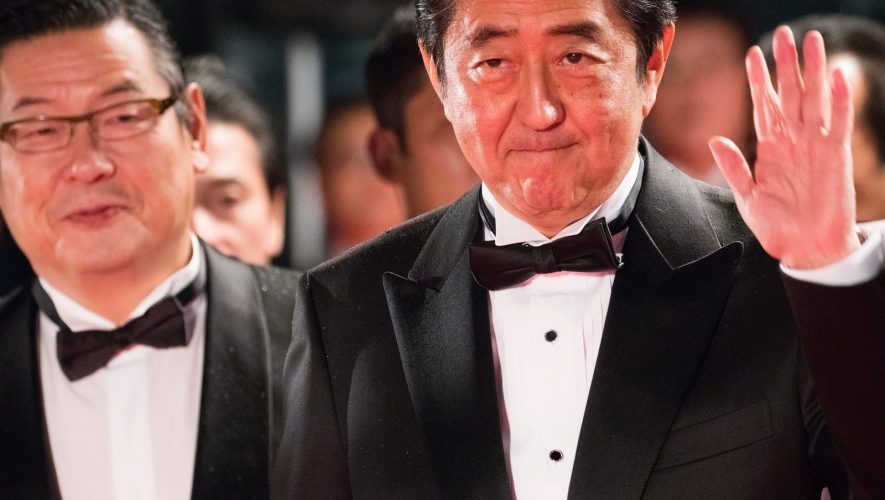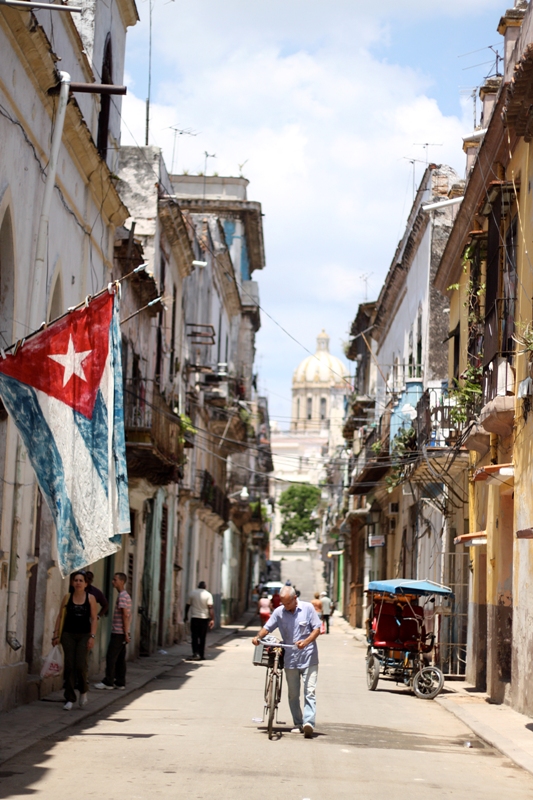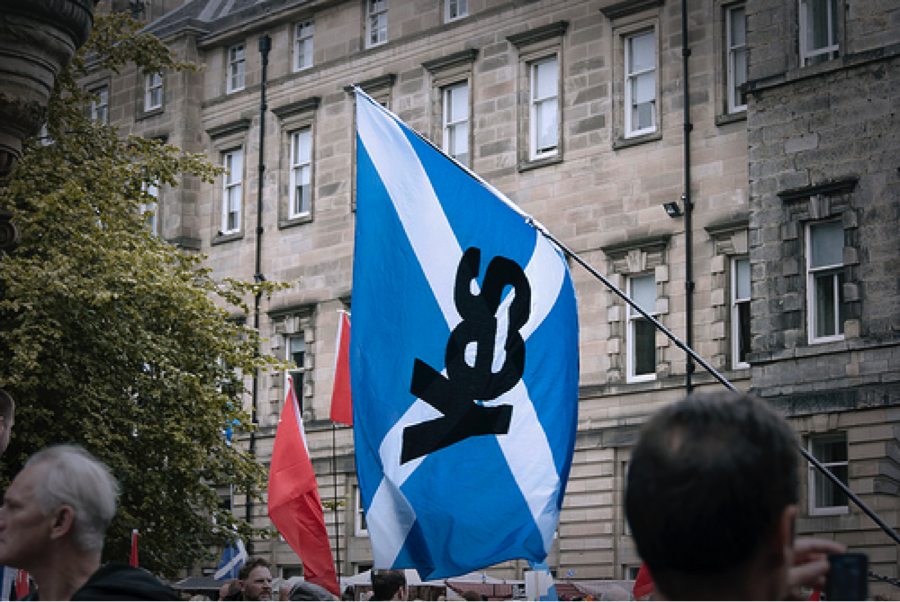It was probably not the way he imagined it would go down.
On August 28, Japanese Prime Minister Shinzo Abe announced he would step down due to health reasons. This came as a shock to many, considering it was just days after he broke the record for the longest uninterrupted tenure as the nation’s leader.
However, COVID-19 had ravaged the economy and cabinet approval ratings were tanking. If ever there was a time to resign, this was it.
A Perplexing Legacy
Abe was destined for political stardom, coming from a political family—his maternal grandfather, Nobusuke Kishi, was prime minister in the 1950s and his father, Shintaro Abe, was foreign minister in the 1980s. The most recent and influential member of that dynasty leaves behind a heap of unfinished business and a mixed legacy.
Most recently, Abe’s government faced criticism for its delayed pandemic response, limited testing, and generally citizen-dependent approach. People took to social media to show their disapproval of Abe’s actions. They pointed to his tone-deaf Twitter video promoting social distancing, as it seemingly mocked those facing financial hardship.
His persistence with the giveaway of washable gauze “Abenomasks” fueled the fire, since people wanted non-woven surgical masks instead. At one point, Abe was lambasted for enacting a bill to raise the legal retirement age for Tokyo’s top prosecutor, all to promote the pro-government attorney general in office.
It wasn’t the first time Abe or his cabinet faced allegations of misconduct. In 2017, opposition lawmakers and some media sources accused Abe and government officials of favoritism toward educational institutions linked to him and his wife. The heart of the matter remains unaddressed, since the government covered up and denied the accusations.
In 2019, Abe’s opposition accused him of violating election law at the annual cherry blossom viewing party by spending public funds to reward constituents who voted for him. The party itself came under scrutiny after further allegations that members of organized crime syndicates attended alongside the traditional distinguished guests. Government officials destroyed the guest list before opposition parties could request it for investigation.
Voters will also remember Abe’s reputation for weak oversight over party members. There were two ministerial scandals over violations of election law in 2019, along with the arrest of a fellow Liberal Democratic Party (LDP) politician for accepting bribes from a Chinese company.
Abe’s murky ethical record is not the only thing that deserves criticism. Abe failed to achieve his and his party’s most significant policy goal—revising Article 9 of the Constitution, which bans the maintenance of military forces. He wanted the article to clarify the Self-Defense Forces as a legitimate militia, but could only reinterpret it to allow the SDF to aid allies under threat. Ultimately, low public approval, debate among political parties regarding the exact nature of the revision process, and the inability to reach a supermajority in both houses stymied the process.
The prime minister also failed to resolve territorial issues with China, Russia, and South Korea. Abe oversaw a period of improved relations with China, only to see the Senkaku Islands dispute exacerbated during the pandemic. Furthermore, he could not compel Russia (which recently banned territorial concessions under its revised constitution) to return the Northern Territories or South Korea to revoke its claim over the Dokdo Islands. Japan faces other outstanding disputes with South Korea from the wartime labor issue to the World Trade Organization dispute over Tokyo’s export restrictions.
Japan has faced increasing security threats during Abe’s tenure as well. In the 1970s and 1980s, Pyongyang kidnapped Japanese citizens; with at least seven still being held against their will, people have questioned Abe’s negotiation tactics. Furthermore, Japan faces missile threats from China and North Korea, despite Abe’s moves to improve diplomatic relations. While one can debate whether any other leader could have performed better, the lackluster progress in these areas will remain a key part of Abe’s legacy.
On the other hand, the Abe years saw a bolstering of security through increased defense spending and expanded regional cooperation to guarantee a liberal world order. His administration introduced The Free and Open Indo-Pacific strategy in 2016, which advocates for a rule-based international order that promotes peace and stability, freedom of navigation, free trade, and economic prosperity. Under that strategy, Japan reached out to ASEAN countries, Australia, and India to reinforce regional cooperation. In particular, it pushed to include India in the Regional Comprehensive Economic Partnership deal to reinforce cooperation among like-minded nations and subtly counter China’s increasingly concerning military buildup in the region.
Economically, Abe revived a nation hit by the 2011 Tohoku earthquake and tsunami, keeping GDP growing since 2012. Abenomics—a comprehensive policy package to revive the Japanese economy—surged corporate profits, improved the labor market, and led the Nikkei Stock Average to more than double in value. Since then, the economy has remained stable, yet remarkably stagnant.
Japan also led the Comprehensive and Progressive Agreement for Trans-Pacific Partnership that many thought would lose momentum after President Trump withdrew the US from it. Abe signed the EU–Japan trade deal, which covers 635 million people and nearly a third of world GDP. While Japan’s relationship with the US remains complicated—especially as Trump demands more cost-sharing for US military support—the two countries increased cooperation on defense and trade during Abe’s tenure, strengthening overall relations.
Domestically, Abe boasted a strong election record and masterfully organized in-party factions. Abe ran the party for nine years (2006–2007 and 2012–present) and won six consecutive national elections. He prevented dissent by allocating top cabinet positions to each faction, keeping many on board. This contributed greatly to Abe becoming the longest-serving prime minister and maintaining a consistent approval rating.
How unusual was Abe’s leadership stability? This @Reuters graphic illustrates it well. pic.twitter.com/UaA9vYEHz7
— Alastair Gale (@AlastairGale) August 28, 2020
Conversely, one can argue that luck resulted in his success more than political skill. Abe returned to power in 2012 against the backdrop of a poor stint by the Democratic Party of Japan (DPJ), an old form of the current main opposition. Since then, polls have consistently shown that people prefer the LDP because they are haunted by the memory of the DPJ’s failure and believe there are no other viable options. Moreover, Abe’s campaigns benefited immensely from a strong base and opposition currently polling in single digits.
What Now?
Abe will remain prime minister until a new leader is elected; he’ll also continue working as a member of the House of Representatives. He can work behind the scenes to advise future leaders on pursuing some of his goals—most notably revising Article 9.
Abe’s resignation pushed up the battle to determine his successor by a year. This fight is bound to get heated quickly considering next month’s cabinet reshuffle and the emergency in-party election to determine the next leader. If Shigeru Ishiba, a critic of Abe, becomes the next leader, Abe’s influence and legacy will wane.
While the public will remember him for scandals and mishaps, we should give the man credit where it’s due. Too many people criticize him without examining his success. He may not have won over hearts with outstanding policy achievements, but he bolstered security and promoted Japanese leadership in the world.
One can only imagine how stressful it is to pragmatically balance ideological pressures from conservative factions for nearly eight years. Just ask Abe, who was recently heard mumbling, “I’m already tired.” All things considered, he stabilized a country that faced many challenges at home and abroad. Hopefully, his resignation refreshes politics, something desperately needed for a party led by seasoned elders.
Prime Minister Abe, thank you for your service, and I hope you focus on nursing yourself back to health.



